- Home
- slideshows
- 5G, AI, data privacy and mass surveillance — 12 biggest tech policy challenges India will have to face in 2020
5G, AI, data privacy and mass surveillance — 12 biggest tech policy challenges India will have to face in 2020
Let’s try and make 5G affordable

2. Even if 5G gets deployed in 2020, it won’t be the safest option

(Source: Business Insider India)
5G has a lot of upsides like faster speeds, lower latency and the potential to distribute a lot more processing power. This makes 5G attractive to businesses, like e-commerce portals that manage massive warehouses behind the scenes. This makes it a vehicle for the Internet of Things (IoT).
“IoT is growing at a rapid pace and its adoption is spreading into various industries such as telecom, healthcare, retail, automobiles, manufacturing, supply chain, and service operations. However, security remains as one of the barriers,” said Padmanabhan Iyer, Managing Director and Global CEO, 3i Infotech.
Not only are IoT devices more vulnerable to being hacked, 5G makes it faster to steal data.
“With the roll-out of 5G continuing in 2020, cybersecurity stack needs to have visibility and control of such data movement else organizations risk being unable to identify data theft at the speed necessary,” predicts Forcepoint.
3. Nonetheless, there’s an overall need to ramp up cybersecurity

(Source: Unsplash)
Data leaks were almost weekly affair in 2019. More data means more information and, more information means a more attractive target for hackers. Dell’s Global Data Protection Index notes that even though 47% of Indians companies are willing to monetise the data they collect, a massive 71% don’t have adequate data protection.
The issue isn’t only to stop sensitive and private user data from getting into the wrong hands. Organisations also need to have enough checks and balances in place to be able to detect when something isn’t right or goes missing.
"There is an urgency among businesses to safeguard their data and people, as attackers are increasingly harnessing new technologies and techniques to launch attacks on intellectual property and critical data," said Surendra Singh, senior director and country manager for India and SAARC at Forcepoint.
4. The government wants to keep to your data private — unless it’s getting in the way of ‘national security’
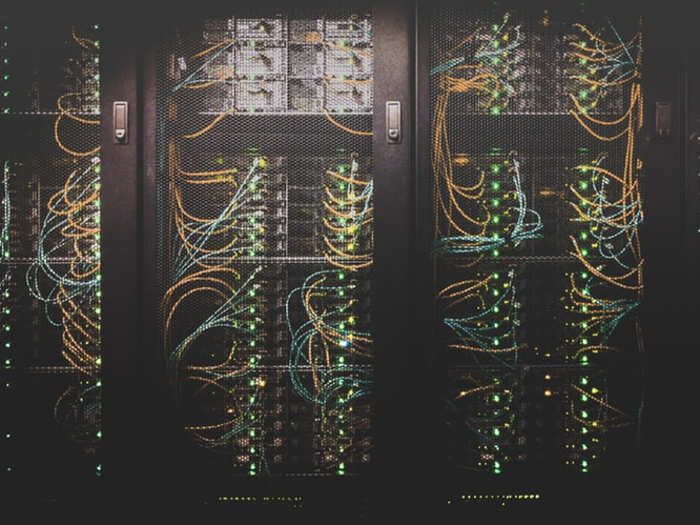
(Source: Unsplash)
Hackers are the only threat to the increasing abundance of data. The Indian government fears that foreign companies access to the data of its citizens is hampering the growth of local firms.
The country’s Personal Data Protection Bill calls for the localisation of data — but with one major loophole. The government can access anyone’s data at any time as long as it’s in the interest of ‘national security’.
Cybersecurity experts, digital activists and companies alike are cautioning against the vague terminology in the bill and the potential for misuse.
5. To erase or not to erase — that is the question
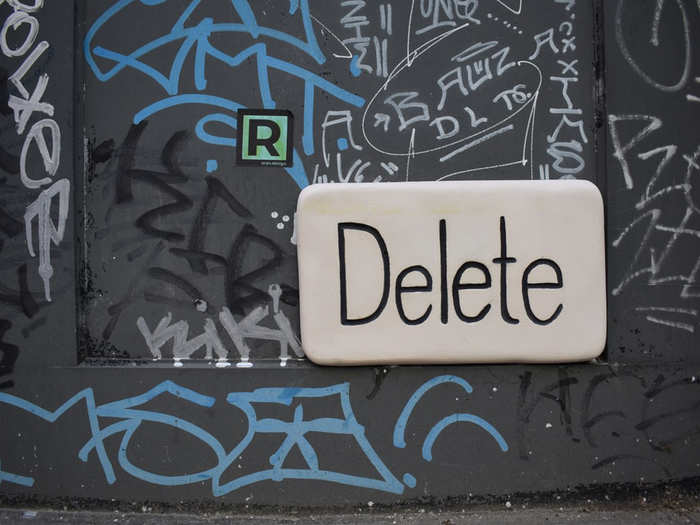
(Source: Unsplash)
One of the key differences between the Personal Data Protection Bill 2019 and its predecessor is the ‘right of erasure’.
It gives users the right to get inaccurate data corrected, update anything information about themselves that out-of-date, complete any incomplete personal data — and most importantly, get personal data erased if it’s no longer deemed necessary.
But there’s a catch. “Clause 18 of the 2019 Bill does not provide the data principal the right to appeal from a data fiduciary's decision to reject such data principal's request to correct or complete or update or erase personal data relating to the data principal,” explain Vinod Joseph and Protiti Basu of Argus Partners.
6. The internet shutdown capital of the world
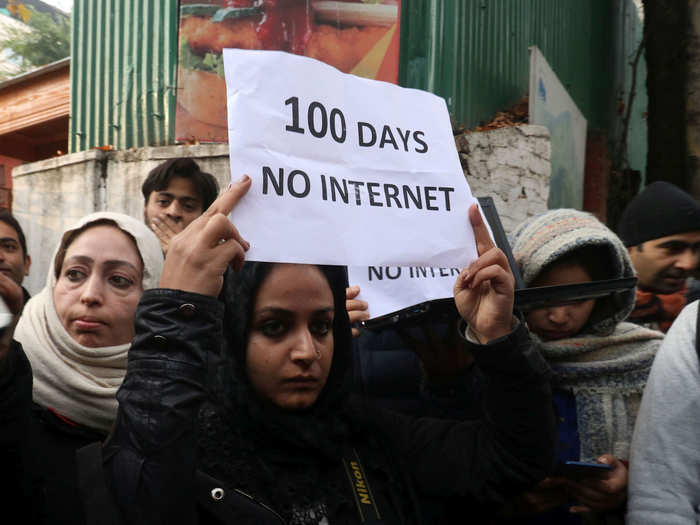
(Source: BCCL)
You know things are bad when the world’s largest democracy gets called the internet shutdown capital of the world. China, one of the world’s leading authoritarian regimes often criticised for its mass surveillance activities, praised India for ‘setting an example’ by throttling connectivity amid Citizenship Amendment Act (CAA) protests.
The northern region of Jammu and Kashmir has been struggling with internet blackouts for over five months after Home Minster Amit Shah announced the repeal of Article 370 in August.
The Temporary Suspension of Telecom Services (Public Emergency or Public Safety) Rules, 2017 allows the government to shut off the internet. But digital activists have pointed out that the orders to cut off internet didn’t come down the ‘right channels’ making the entire exercise ‘illegal’.
7. Mass surveillance through facial recognition
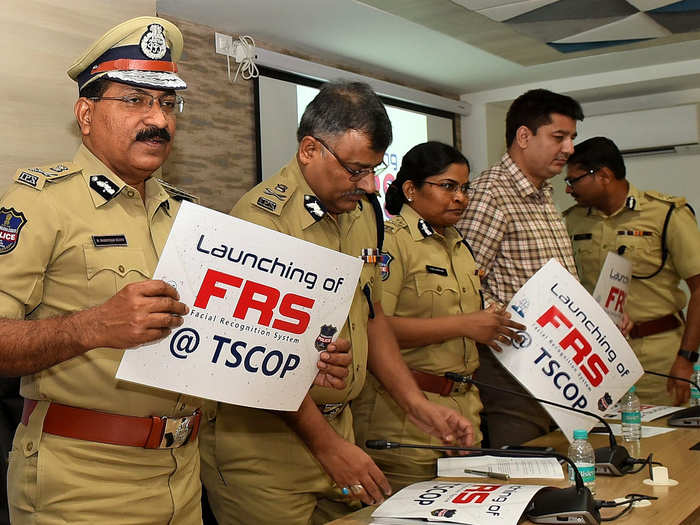
(Source: BCCL)
Internet shutdowns aren’t the only issue agitating digital activists in India. The use of the Automated Facial Recognition System (AFRS) to keep crowds in check in the national capital has called ‘illegal’ by the Internet Freedom Foundation.
It argues that AFRS was originally deployed to track down missing children. Since then, the High Court has deemed the system inefficient on three separate occasions despite which AFRS is still being used. In addition, it’s no longer being used to track missing children but keep an eye on ordinary citizens — even in the absence of protests.8. E-commerce deep discounts, branding and the road ahead for JioMart

(Source: Unsplash)
In February 2019, the Indian government announced new regulations for e-commerce companies. The draft National E-commerce Policy barred foreign bigwigs like Walmart-owned Flipkart and Amazon from offering deep discounts or selling goods from entities in which they have a stake.
Some analysts believe that this was done to turn policy in favour of Mukesh Ambani and his plans to expand Reliance Retail as an e-commerce portal — the JioMart. The venture has reportedly soft-launched in Navi Mumbai, Thane and Kalyan and is looking to grow further in 2020.
The policy has not been turned into a bill yet and thus, has not been tabled in front of the Parliament. Forward movement should be on the docket for 2020 as it’s been a year since the government announced the plan.9. The government's on a timer to regulate social networks like Facebook and Twitter

(Source: Unsplash)
The Indian government has still 15 January 2020 to figure out how it’s going to regulate social networking sites like Facebook, Twitter, Instagram and Whatsapp in India.
The Supreme Court directed officials to figure out how they were going to balance user privacy against national interest to deter fake news on social media sites. It also asked all pending cases pertaining to social media to be transferred and promised to resolve them all by the end of January.
Platforms like WhatsApp have made it clear that they will not be making any backdoors or breaking end-to-end encryption in order to track down the original senders of messages.
The bench argues that the Information Technology Act allows the government to decrypt data — but what it doesn’t allow is the government forcing intermediaries to decrypt the data for it.
10. Streaming platforms face the threat of censorship despite self-regulation
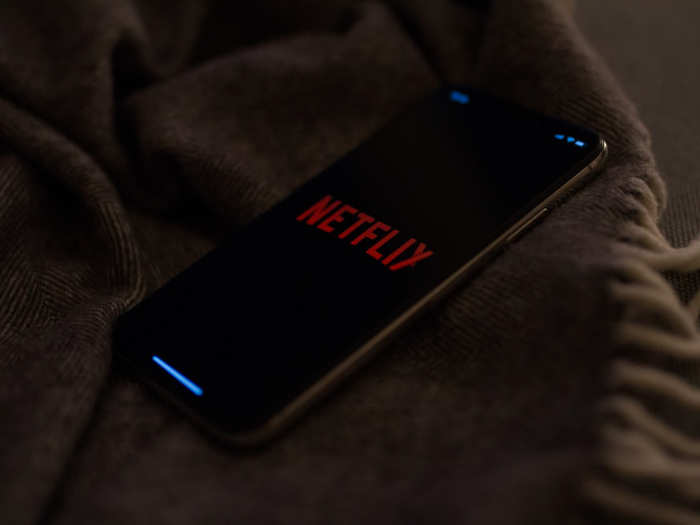
(Source: Unsplash)
Streaming platforms like Netflix and Amazon Prime owe a lot of their popularity to shows like Marvelous Mrs.Maisel and Sacred Games — shows with a reputation of being crass. Since they didn’t fall under the purview of the Central Board of Film Certification (CBFC), censorship was not an issue.
That is, until 2019. In January, OTT platforms decided to adopt an ‘unofficial code’ of self-regulation to hedge their bets against official intervention.
Government sources told Reuters that India is currently in the process of mulling up over potential censorship of streaming platforms despite the changes.11. Google, Facebook and Twitter might have more tax to pay in 2020

(Source: Unsplash)
Global tech giants like Google, Facebook and Twitter might end up bearing more of the tax burned in 2020. The Indian government, along with other countries around the world, have been discussing the right to tax multinational companies according to where they operate, rather than where they’re headquartered.
This means that even if WhatsApp doesn’t have a single employee in India, it will still have to pay tax for the business it conducts within the country.
The Central Board of Direct Taxes has already published its rules on how to go about taxing internet companies. If the Organisation for Economic Cooperation and Development (OECD) is able to release a universally agreed-upon methodology for taxing these firms, 2020 might see digital taxation become law.
12. Solving the confusion over Artificial intelligence

(Source: Unsplash)
The Indian government has ambitious plans for artificial intelligence (AI) but so far, the progress has been slow. One of the reasons is the overlap between NITI Aayog, the government’s policy think tank, and India’s Ministry of Electronics and IT (MeitY).
During the second half of 2019, the government set up a panel to resolve differences between the two of them. MeitY is scheduled to launch its National AI Center in January 2020, but there has been no update about its status.
It is now up to the panel to decide the role of each agency to fast-track the implementation of India’s AI mission. Even then, some — like The Center for Internet and Society — feel the mission itself is flawed.
READ MORE ARTICLES ON
Popular Right Now
Advertisement